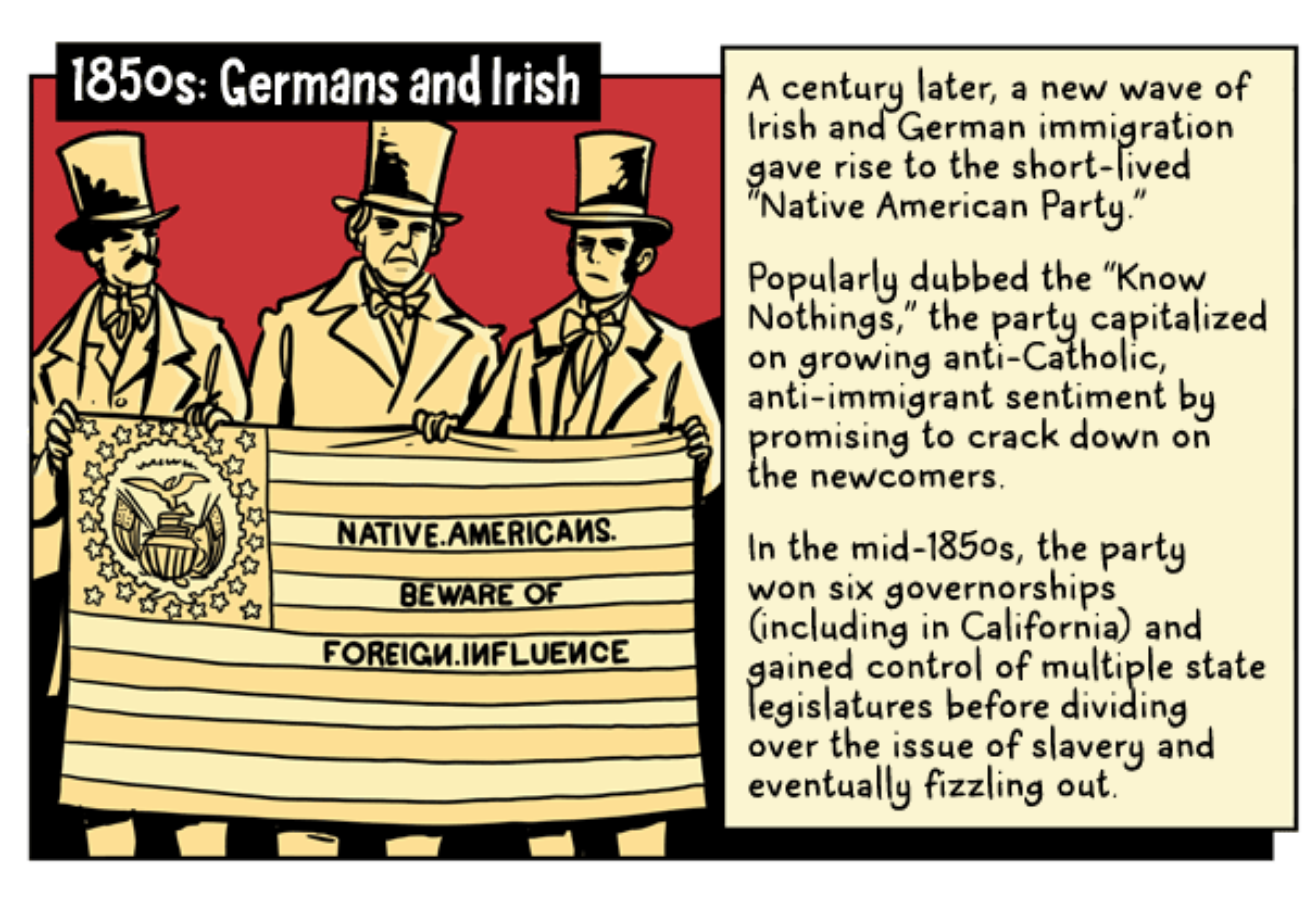
Jan 29, 2025 4:35:33 PM
"If you teach the Negro that he has accomplished as much good as any other race he will aspire to equality and justice without regard to race. Such an effort would upset the program of the oppressor in Africa and America. Play up before the Negro, then, his crimes and shortcomings. Let him learn to admire the Hebrew, the Greek, the Latin and the Teuton. Lead the Negro to detest the man of African blood—to hate himself.”
― Carter G. Woodson, "The Mis-Education of the Negro"
In 1926, Carter G. Woodson, noted historian of the Black experience in the United States, developed
Negro History Week (now Black History Month) as a twofold strategy toward racial equality. First, it was designed to educate Black people about their history, their contributions, and their humanity in a country that, from its founding, considered them property and worth only three-quarters of a person. To counteract the deliberate strategy of keeping Black people ignorant of their history, Woodson proposed creating intentional time and space to honor Black Americans and their achievements. Woodson believed Black people needed to know their full history for dignity and as a tool to participate thoughtfully and strategically in U.S. society and politics.
Woodson wrote his classic masterpiece, "The Mis-Education of the Negro," to make the case that Black people would require a totally new education to attain full freedom and dignity. Even today, Black people continue to re-educate themselves and their children using the tools provided by Woodson and other Black intellectuals that are not available in most American schools.
Woodson also promoted Black history to educate white Americans about the contributions of Black Americans as proof they were equally human: intellectually, culturally, physically, and socially. In a country hellbent on denying the equality of Black people, Negro History Week served as a counterweight.
Woodson hoped that eventually Negro History Week (today’s Black History Month) would no longer be needed because all Americans would honor the contributions of Black Americans to their country’s history without a second thought.
This year, I challenge all of us to a Black History Month thought experiment.
Let’s assume Black Americans’ humanity, dignity, and equality as citizens of the United States is a given, just as Woodson hoped it would be.
This year, instead of focusing on Black people, let’s question why white people denied Black people’s humanity in the first place. Let’s really study racism to answer the profound challenge raised by James Baldwin:
"What white people have to do is try to find out in their hearts why it was necessary to have a n---r in the first place."Part of doing that is taking a deeper look at what whiteness has meant historically and what it currently means in our society. Rather than spend the month of February “proving the value” of Black people by highlighting individual Black Americans and their contributions to our country, this Black History Month Racial CrossFit lesson challenges us to discover why there is still a need to “prove” Black worth, by studying how white racism has historically and systematically devalued the worth of human beings not considered to be “white.”
Do it anyway! As your Racial CrossFit coach, I expect you to work through all your pain and emotions to reach your goal. Yup, it hurts; do it anyway!

Moreover, if you do this workout, there is a 100% chance you will learn something new and deepen your level of racial awareness. And all the pain will be worth it in order to gain the strength needed to finally guide us towards an end to racism.
To get you ready, this Racial CrossFit workout kicks off with some background on the history of whiteness. Whiteness and “the white race,” as we know it today, are relatively new concepts. The word Caucasian was invented in 1776. It may surprise you to learn how many people we now consider white Americans without a second thought only “became white” very recently. Here’s just one example:  The documentary, "Race: The Power of an Illusion," produced by California Newsreel and shown on PBS, includes a timeline of how whiteness and the idea of “races” developed. You’ll want to refer to it as you take on this tough assignment.
The documentary, "Race: The Power of an Illusion," produced by California Newsreel and shown on PBS, includes a timeline of how whiteness and the idea of “races” developed. You’ll want to refer to it as you take on this tough assignment.
Watch this clip of James Baldwin speaking on " The Dick Cavett Show" in 1968 before answering these questions.
ShaRhonda Knott-Dawson is the mother of two free-spirited, strong-willed girls and has a husband who should be appointed a saint for co-existing in the madness that is their life. She writes on politics, education, current events and social justice. She is also a taco enthusiast, a proud member of the Bey-hive, and truly believes that she will be receiving her letter from Hogwarts any day now.
Few issues in education spark more tension and debate than standardized testing. Are they a tool for equity or a burden on students? A necessary check on school systems or a flawed measure of...
Charter schools are public schools with a purpose. Operating independently from traditional school districts, they're tuition-free, open to all students, and publicly funded—but with more flexibility...
Despite the benefits of a diverse teaching force, prospective teachers of color fall out of our leaky preparation pipeline at every stage: preparation, hiring, induction, and retention. Here’s what...
Ed Post is the flagship website platform of brightbeam, a 501(c3) network of education activists and influencers demanding a better education and a brighter future for every child.
© 2020-2025 brightbeam. All rights reserved.
Leave a Comment